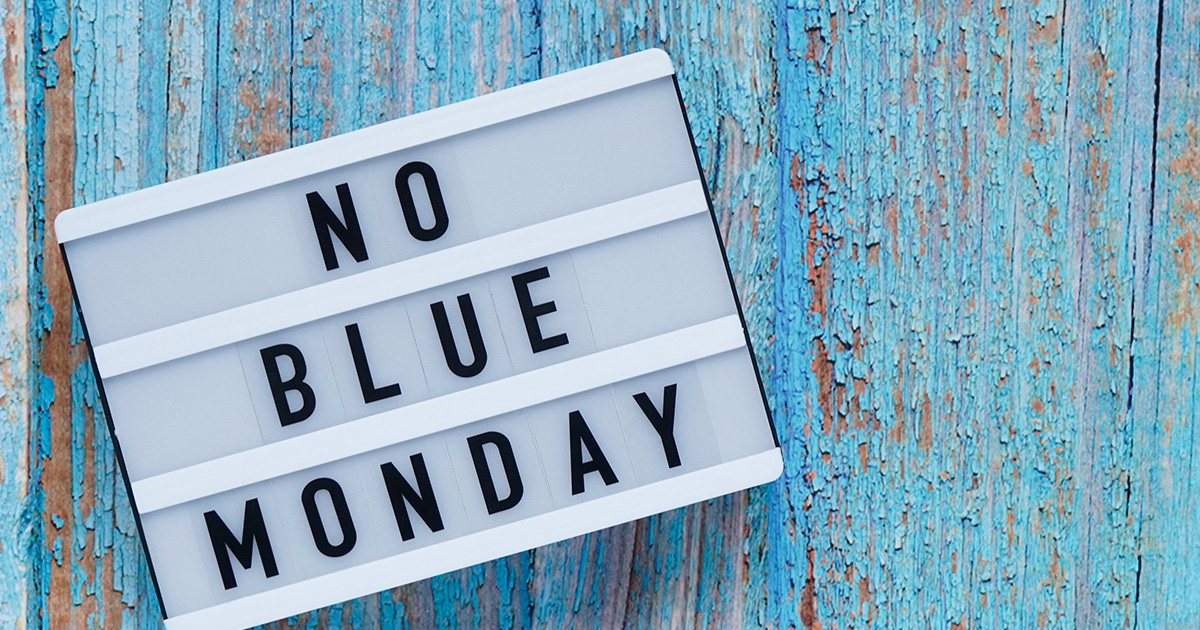2025-06-16
Understanding your financial health
Lifestyle Debt
Take a good, hard look at your financial situation to decide where to focus your efforts.
Blue Monday is the third Monday in January and it’s been dubbed the most depressing day of the year. Why is it so depressing? Everyone is sick of the cold and the short days and this is the point when a lot of people start falling behind on or abandoning their New Year's resolutions. Many people are also worried about their finances after all the holiday spending on gifts and decadent food. All of this on top of everyday stress and the inflationary pressures Canadians have been feeling over the past 12 months can have a huge impact on your mental health.

While we can’t help how short the days are or motivate you to keep hitting the gym, MNP can definitely help with your debt-related resolutions and the financial anxieties you’re facing as those bills start rolling in. We can also look at some pre-holiday spending tips to keep you on track next year, as well as some healthy mood-boosting activities:
Keep these tips in mind for next year so you’ll be prepared when another Blue Monday comes around. And going into your next holiday season, remember to:
2025-06-16
Lifestyle Debt
Take a good, hard look at your financial situation to decide where to focus your efforts.
2025-06-03
Lifestyle Debt
As more Canadians explore digital currencies, it’s essential to understand the risks. Learn how to protect your investments from volatility, scams, and legal pitfalls, and make informed decisions with this practical guide.
2025-05-26
Lifestyle Debt
While digital currencies offer many opportunities, they also carry risks. How can you mitigate those risks before diving into the digital currency market?